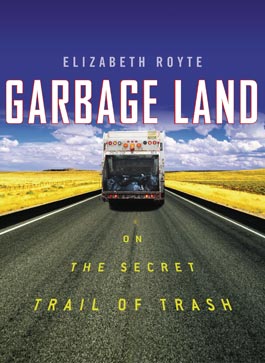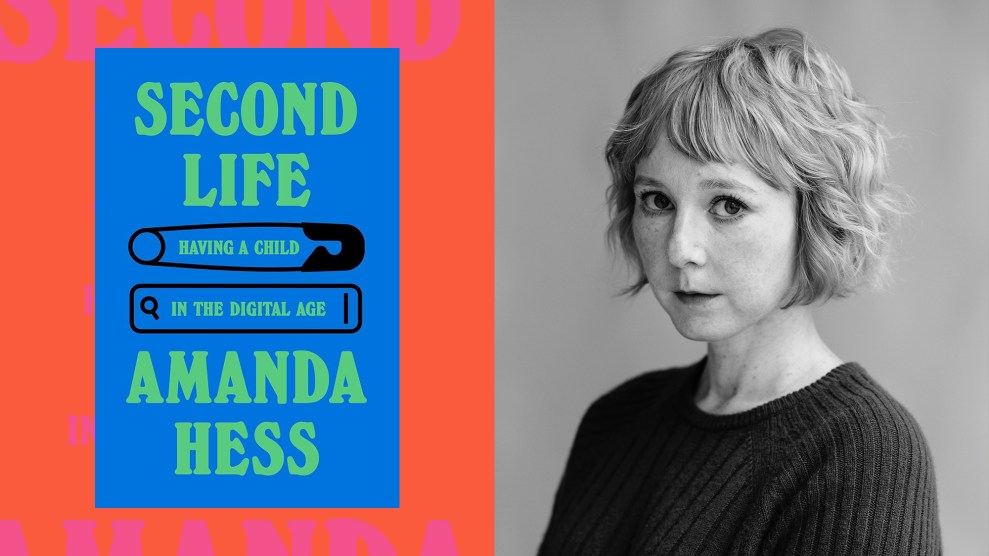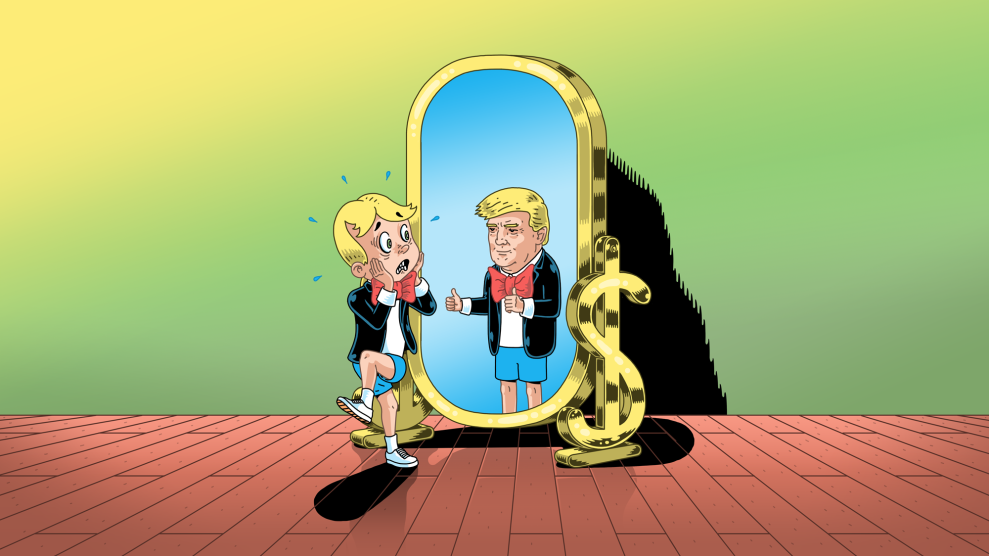
Recently, a new class of muckrakers has investigated the hidden infrastructures that provide us with the things we want—from fast food to fossil fuels. With Garbage Land, Elizabeth Royte reverses the formula, shrewdly exposing the mechanisms by which “our unwanted stuff keeps disappearing.” That is, she rakes actual muck. She begins by cataloguing her kitchen garbage, and then sets out to follow all her refuse, from Brooklyn to beyond. We’re talking compost, recyclables, and even crap. They all wind up somewhere, and Royte scrutinizes their journeys with a sharp eye and a pinched nose.
Tracking trash—even your own—is not easy. Royte initially has to sneak around New York’s Fresh Kills landfill in a kayak, and no one will tell her where old battery acid goes. We’ve built up bureaucracies to allow us to keep throwing stuff out without thinking too hard about where it ends up. For years, New York’s sewage was exported to a “sludge farm” in a tiny, working-class Texas town.
But Royte accepts some of the prickly realities of the trash-disassembly line. After all, not everyone can cultivate composting wetlands under their bathroom, like one eager environmentalist she meets. And while more Americans now recycle than vote, municipal waste accounts for only 2 percent of the country’s total refuse in the first place. Our national garbage problem is really an industrial one: Making 1 pound of sellable product generates 32 pounds of waste.
Ultimately, waste is an ideological dilemma, a problem of consumption. It’s the stinky corollary to a world where we constantly choose between “one overpackaged, poorly made product and another.” The solution, Royte argues, is to start dealing with trash preemptively, recognizing it in all its many-colored, sweet-smelling disguises.
















